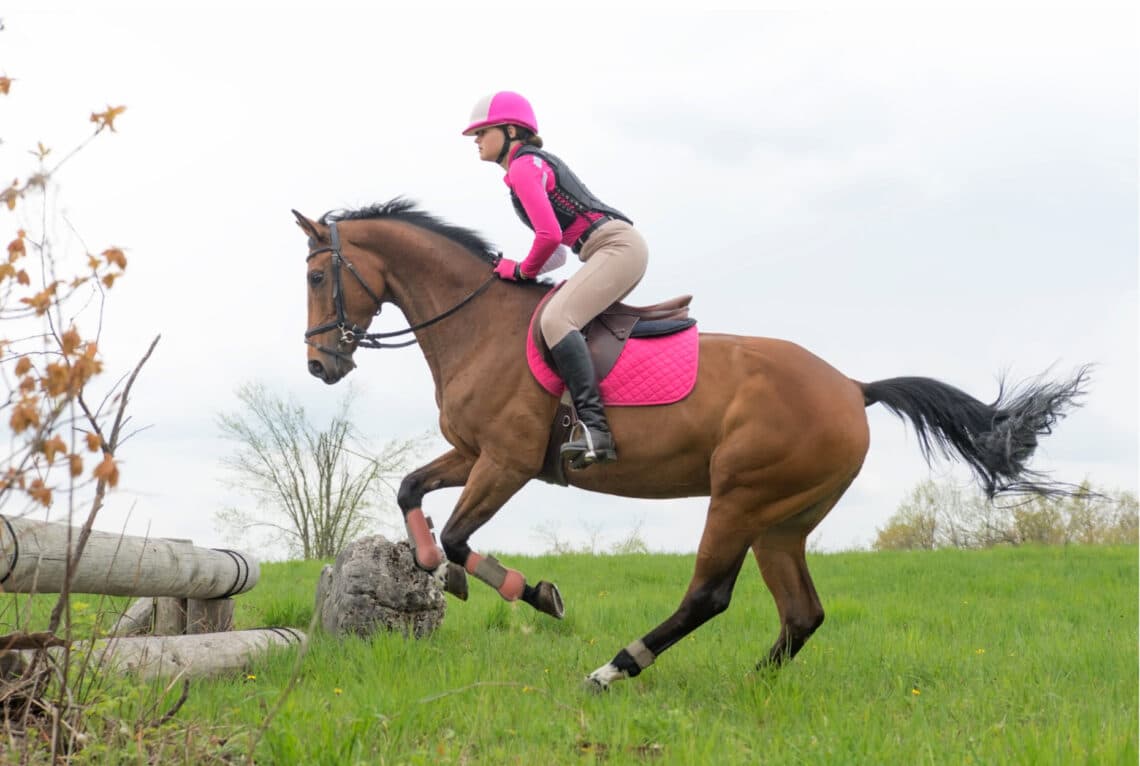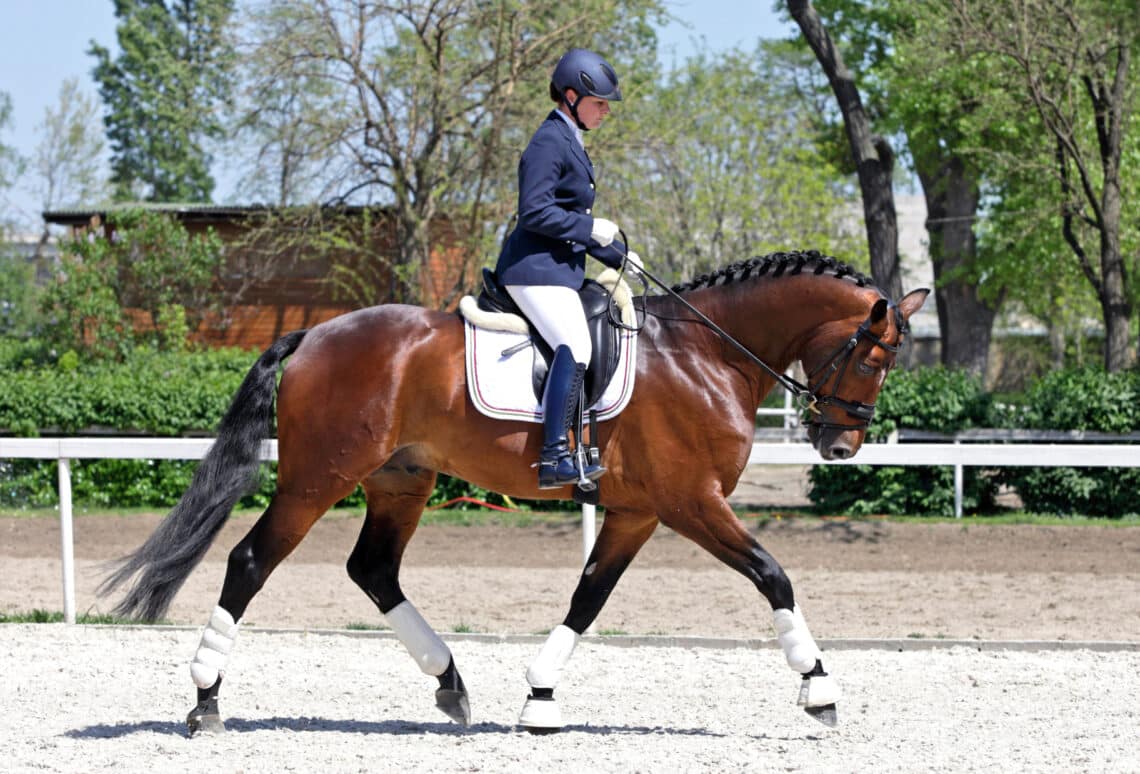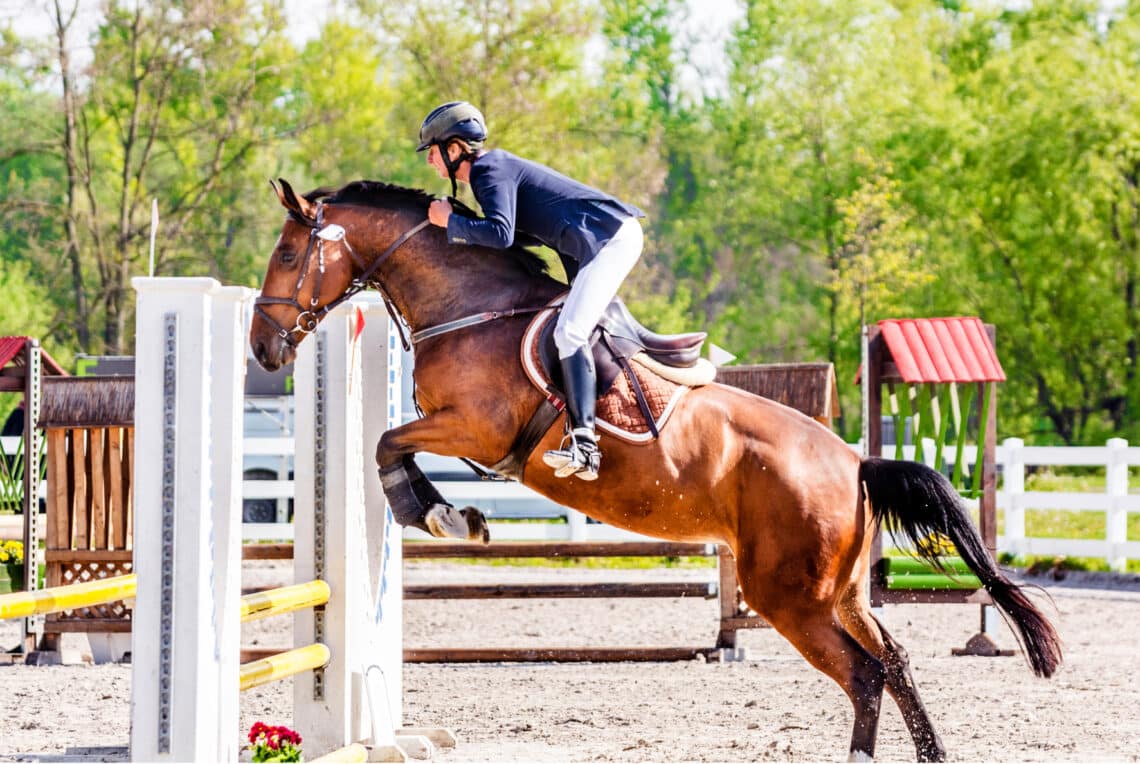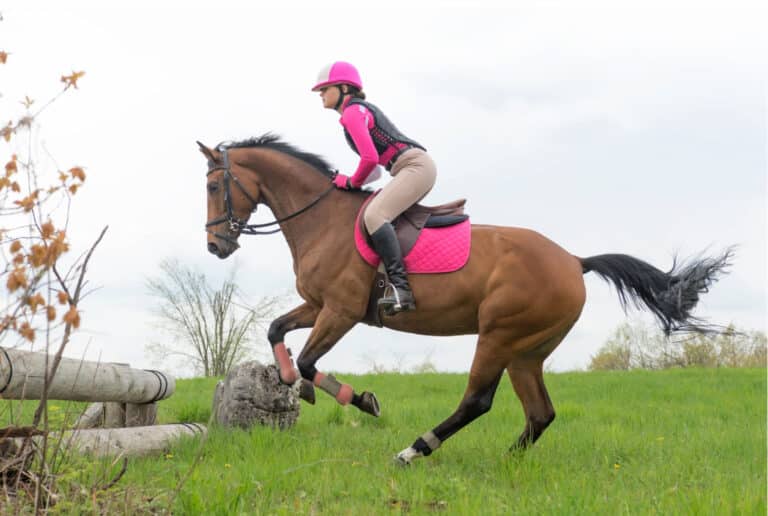
The fine art of choosing a coach
A good coach can make all the difference to your skill and confidence as a rider. CHARLIE BRISTER has some advice on finding your perfect match.
If your heart is set on eventing, rather than a single discipline such as dressage or show jumping, you have some decisions to make when it comes to coaches. Three day eventing is, of course, made up of three distinct phases, each requiring a slightly different skill set and therefore slightly different training.
The question that gets asked a lot is, as an eventer, should I have one coach, three coaches, or some other combination. There are many different answers to that, which are dependent on a variety of factors, including the horse and rider’s level of education, and the rider’s ability to process information.
If you’re relatively new to the sport, you shouldn’t be overloading yourself when you’re learning basic skills, so information from too many different sources is not a good idea. Consistency on your part, plus consistent training messages are vital. Once you understand the basic skills and can undertake those skills with ease, then you can expand your horizons. But if you try and learn all the different techniques in the beginning, you’ll struggle – which is why the basics are so important. All good trainers will keep going back to the basics.
Some coaches are very good generalists, and this is definitely where most riders should begin their journey. These coaches, especially eventing coaches, will give a good grounding in the different areas of riding and horsemanship, and so are able to bring you up to a reasonable level of competence.
On the rider’s side of the equation, you need to commit to regular lessons with your coach, or coaches, as the case may be. As with anything, whether it’s to do with horses or other aspects of your life, consistency is vital if you are serious about improving.
It’s also a great idea to attend the odd clinic with a visiting trainer or coach. There might be a masterclass being held with an international coach or international level rider. Go to the clinic or masterclass and learn everything you can. And take notes! Riders often go to a class, sit and watch for three hours and with luck, will probably remember a couple of things afterwards. But realistically, how much can you learn from a three-hour lecture if you don’t have any notes to refresh your memory?
Visiting coaches often focus on a particular area. Now, it might be that your regular coach is aware that you have a weakness in that area, but they haven’t been addressing it directly because they’re looking at a broader picture. But when it’s brought to your attention by the visiting coach, you then have the insight to discuss it with your regular coach if you feel the need. Or, it may be that the visiting coach points out something your regular coach has been telling you for months, and finally you realise that you should probably listen!

Having said that, if the instruction initially sounds conflicting, ask yourself whether it was meant in a different context. For example, your cross country coach is likely to give you very different instructions on the application of aids in relation to a water jump, when compared to a dressage coach who is teaching you the aids required for a travers.
At some point, you’re more than likely to have a coach who asks you to do something that appears to completely contradict anything you’ve previously been told. But, unless you feel it’s dangerous for you or your horse, in which case question it immediately, my advice would be not to simply refuse. Wait until after the lesson before calmly asking for clarification. There’s nothing wrong with questions, but an argumentative attitude is not the right spirit in which to ask. Most coaches are happy to discuss what they’re teaching you, and to help you understand the reasons behind it.
If eventing is your goal, it’s good to realise that if your existing coach is a dressage trainer, it’s highly likely you will need to find another coach with more of an eye for cross country. Why? Because it’s important that dressage doesn’t take away the horse’s ability to think for themselves. Yes, you want the horse to listen and be responsive and understanding of the aids, but on cross country they have to have the ability to think for themselves. You can’t go out and ride cross country in the same disciplined and precise manner called for by dressage.
Chris Bartle, arguably one of the best eventing coaches in the world, rode in dressage at the 1984 Los Angeles Olympics before crossing over to 5* eventing. He’s one of the few riders who have ridden at the top level in dressage and eventing, and he certainly understands that dressage is not oppositional to jumping and cross country – it’s complementary. And that’s the important thing, to find coaches who understand the balance between the disciplines and can work together to offer you the best possible advice and training in your eventing journey.
So, where are you going to find these coaches? If you ask on social media you’ll no doubt get a 100 different opinions – and that’s certainly one place to start. You can ask other riders who they’ve found to be particularly helpful, as well as watching how coaches themselves actually ride. It’s not necessarily an indication of how they’re going to coach, but if they can’t ride with some degree of competency, are they really the sort of person you want teaching you?

The Equestrian Australia website includes a database of registered and accredited coaches. There are different levels of coaches up to Level 3, but just because someone is a Level 3, it doesn’t necessarily mean that they’re a better rider or coach than someone at Level 1 or 2. It just means they’ve spent more time getting those qualifications and diving deeper into an understanding of the coaching process. There may be a Level 1 coach out there who’d be a perfect match for you. It’s all about taking the time to find the right fit.
Charlie Brister of Brister Equestrian is an all-round horseman with expertise in retraining problem horses and coaching riders in all disciplines. You can follow him on Instagram.



